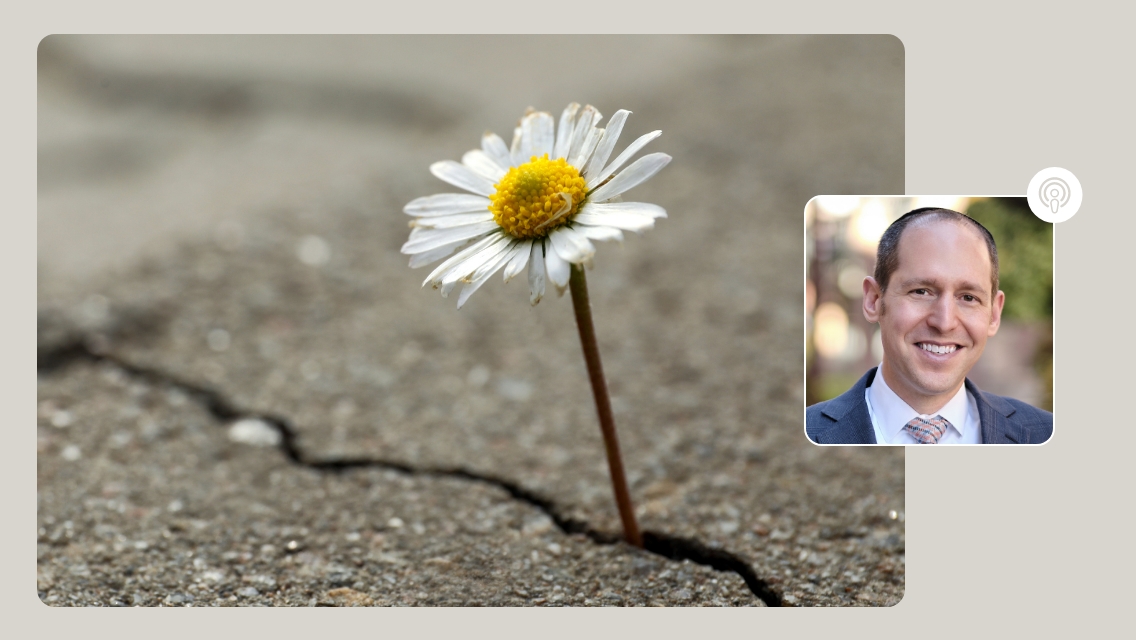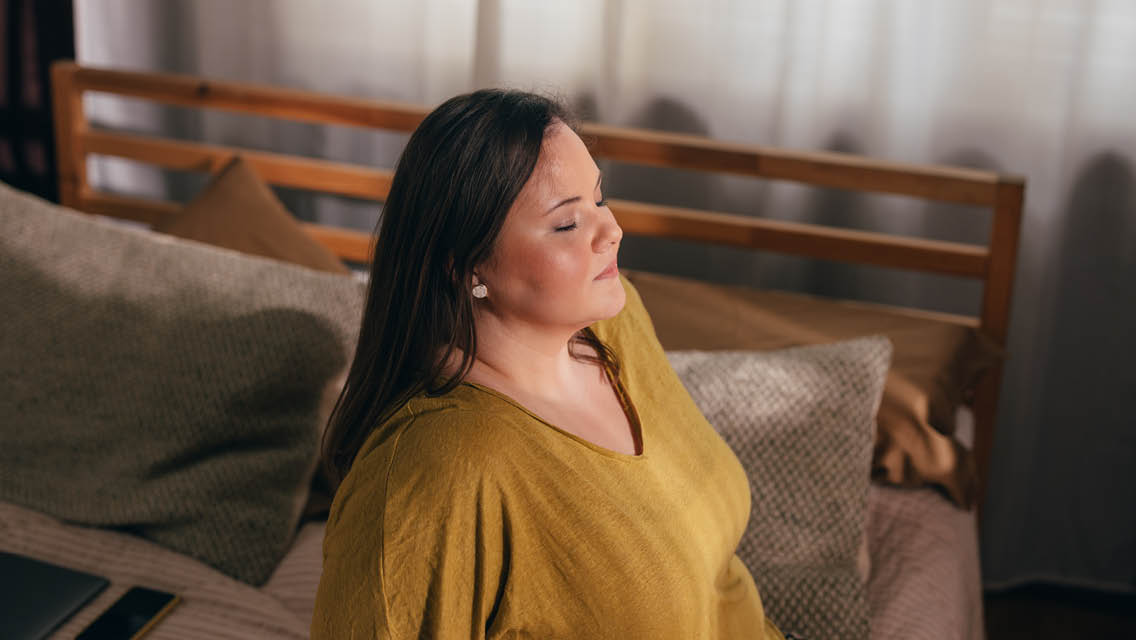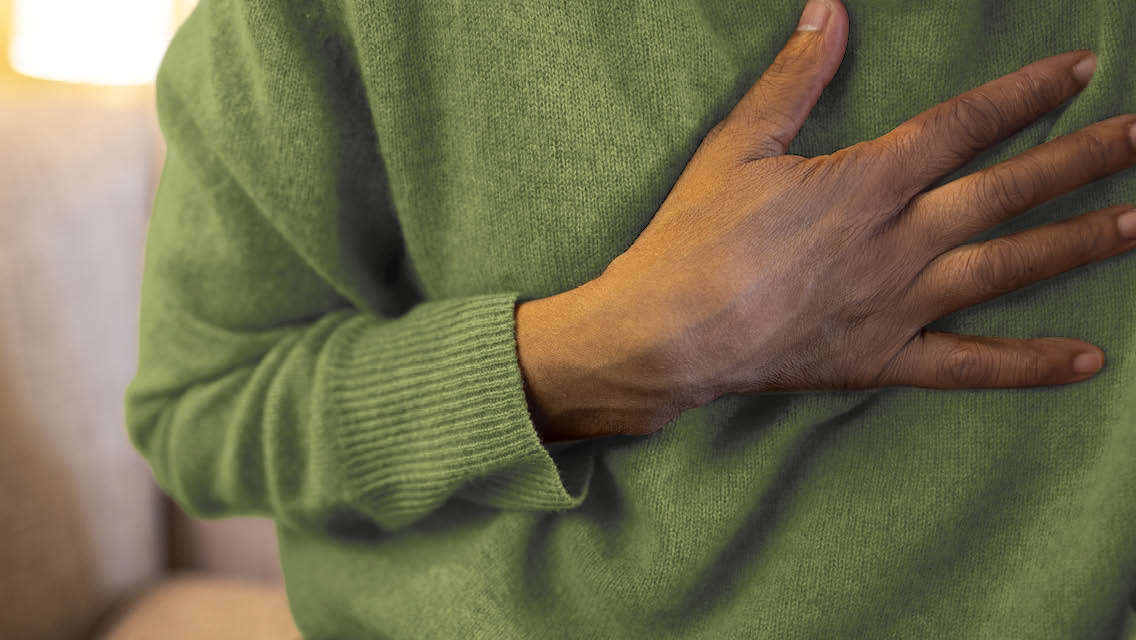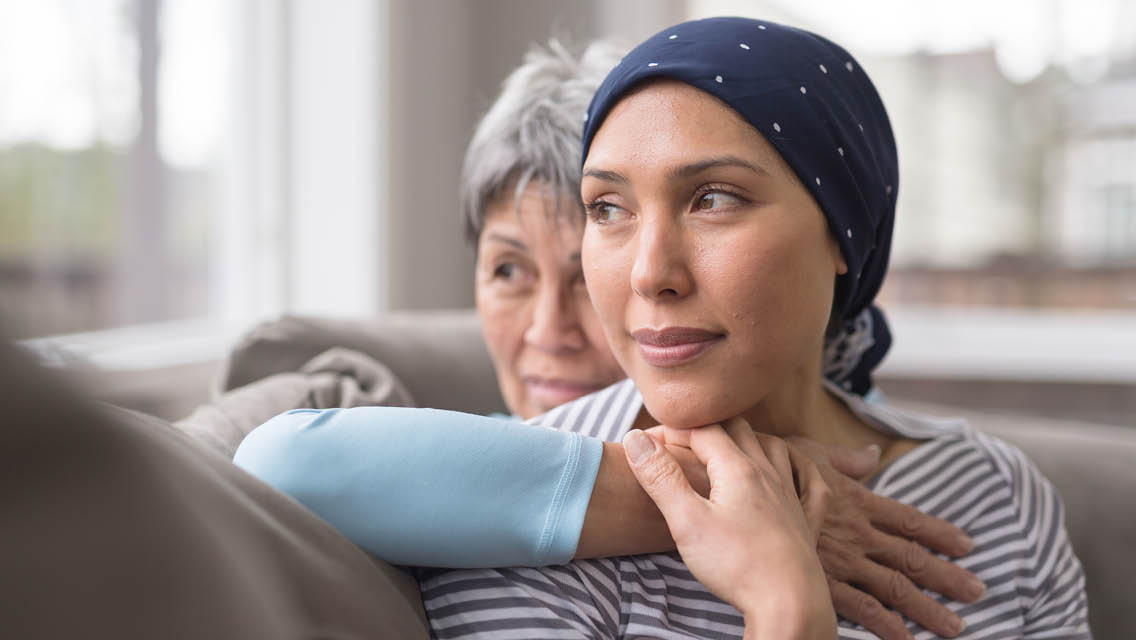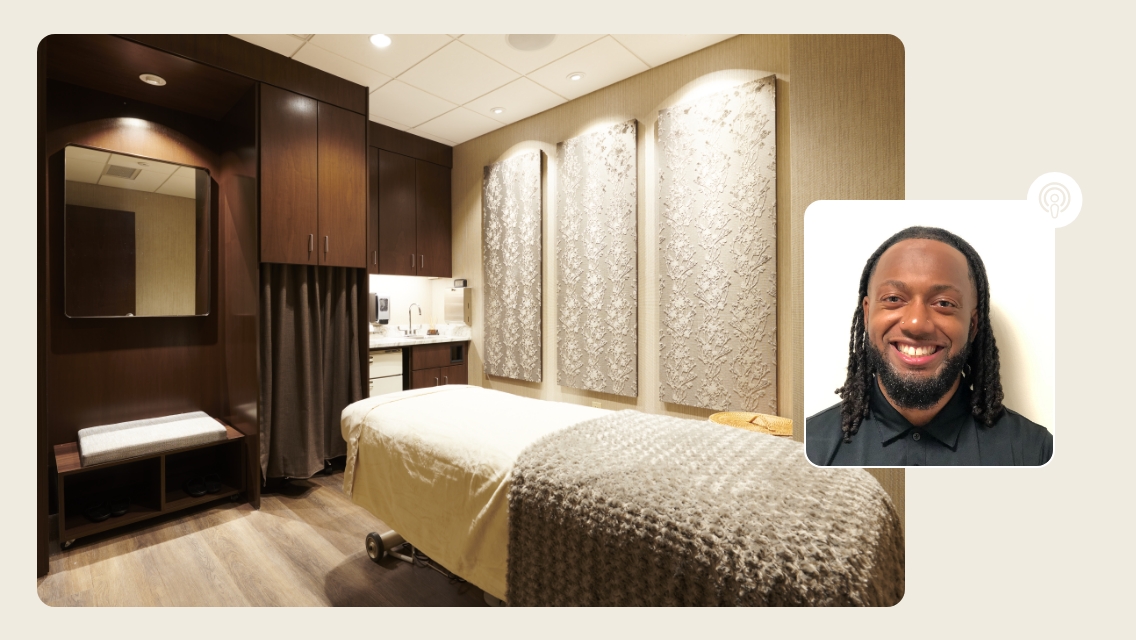Stress
LATEST STORIES
The 7 Types of Rest
If you’re feeling run-down, you might be deficient in one of the seven types of rest. Learn how you can recharge your physical, mental, emotional, creative, social, sensory, and spiritual self.
What Is Cognitive-Behavioral Therapy (CBT)?
The gold standard in psychotherapy, CBT can help with a range of mental disorders, including anxiety, obsessive–compulsive disorder, depression, addiction, insomnia, and PTSD.
5 Stretches to Promote Recovery and Stress Relief
A stretch specialist demonstrates a few moves that can relieve muscle tension and counter stress.
How to Thrive With Anxiety
Anxiety has been on the rise for the past several years — and it’s something that can range from feeling uncomfortable to debilitating for those who experience it. David H. Rosmarin, PhD, helps us understand why anxiety is a normal bodily response and how we can change our relationship with it to turn it into something that can actually help us thrive in our lives.
All Is Calm: 5 Ways to Incorporate Feel-Good Moments into Busy Days
Quick ideas for resetting during the holiday season.
What to Do When a Panic Attack Occurs
Try these seven strategies to help you manage and alleviate a panic attack.
How to Stop Dreading Family Gatherings
Social psychologist and author Amy Johnson, PhD, offers advice for dealing with those family members who often threaten to ruin the mood.
Why Anxiety Is Not Your Enemy
A case study in how to live — and thrive — with anxiety.
How Do I Rest — Really? Understanding the 7 Types of Rest
Rest is essential to our health and wellness, yet it often gets pushed to the side in favor of other things that require our time and attention. Importantly, it’s not just physical rest we need: There are six other types that contribute to our overall well-being.
In this episode, Barbara Powell, MA, NBC-HWC, joins us to first explain the signs and symptoms of under-rest to watch for. She then delves into the seven versions of rest we need, and for each, the micro, macro, and habitual ways we can get more rest so we can perform better and live life more fully.
Workplace Burnout Is Real: Signs, Symptoms & How to Take Action
Professional burnout rates are at an all-time high across many industries — and our always-on culture certainly contributes to the rising issue. Henry Emmons, MD, joins us to talk about how to recognize if you’re experiencing burnout, what causes it to occur, and the short- and long-term solutions you can try for relief.
Understanding Panic Attacks
Learn more about what panic attacks actually are — and what to do if you have one.
What Is Trauma-Informed Rest?
In her new book, Permission to Rest, Ashley Neese talks about why rest is a radical — and necessary — practice, as well as how those of us with trauma might approach rest differently.
10 Ideas for an End-of-Summer Self-Care Day
Close out the season on a relaxing note with these refreshing practices.
10 Strategies to Overcome Driving Anxiety
Worried about getting behind the wheel? Here’s expert advice on how to manage your fears by adjusting your expectations, your route, and your environment.
The Power of Mindfulness-Based (MBSR) Stress Reduction for Addressing Anxiety
Elizabeth Hoge, MD, director of the Anxiety Disorders Research Program at Georgetown, talks about the latest advances in the field of MBSR.
6 Strategies to Cope With Medical Trauma
Frightening or distressing medical experiences are common. Lean on these strategies to overcome your fears.
Why Do I Lose My Appetite When I’m Anxious, Angry, or Sad?
Gain a better understanding of why certain emotions can affect your appetite.
5-Minute Meditation to Help You Take Pause
A quick breather for when you’re experiencing stress or a lack of ease.
How to Build Mental Resilience Through Thermaculture
Learn how the practice of activating your body’s thermoregulation response can help you improve your stress tolerance for daily life.
Why Massage?
Many view massage as a luxury or splurge — but some experts argue that it’s an investment in your health and wellness and deserves to be part of your routine. Zac Ellis, certified massage therapist, explains why he suggests adjusting your perceptions around massage, the benefits that can be reaped from the practice, the different types of massage modalities, and how to get the most out of a session.
3 Strategies to Ease Financial Stress
Two financial experts share their insights about how to relieve the effects of financial stress and when to seek help.



